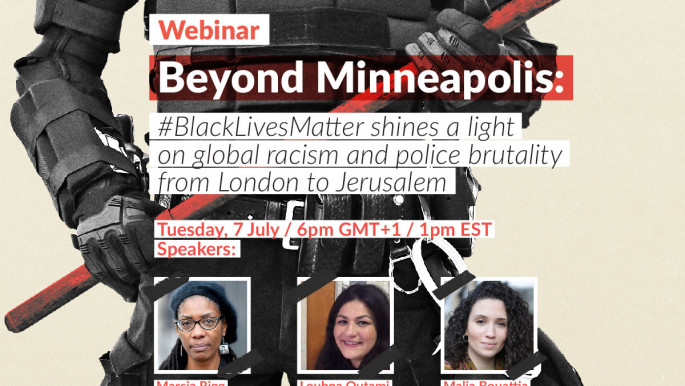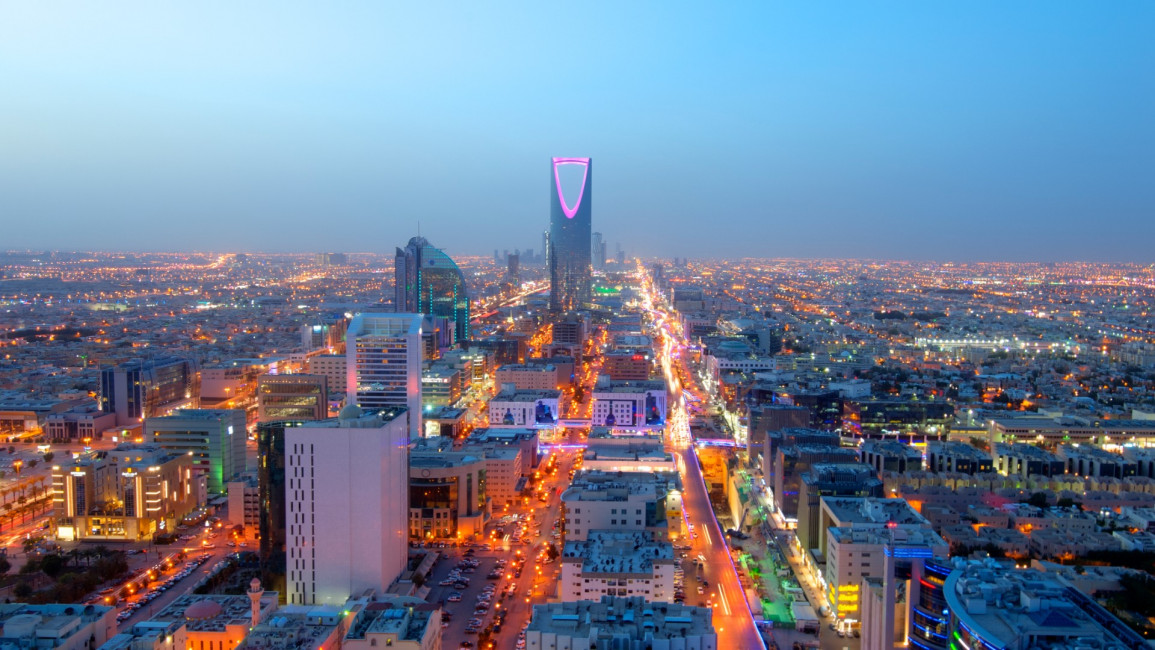Saudi Arabia pushes plans to transform Riyadh into 15 million person metropolis
The ambitious project of more than doubling the size of Riyadh by 2030 is in full swing, Fahd Al-Rasheed, president of Riyadh's royal commission, insists, despite Saudi Arabia's economy projected to shrink this year and tens thousands of expatriates leaving the kingdom.
The government has already pumped $266.6 billion into projects out of a total of $800 billion earmarked for the expansion of Riyadh, he told Reuters.
"The idea is for Riyadh to become a 15 million person city by 2030," he told the agency.
"Riyadh is already the epicentre of economic development in the country and the region... We have now the ambitious plan under Vision 2030 of doubling both our economy and population over the next 10 years."
The idea is to make Riyadh improve the quality of life for people in the city, with the construction of a metro and new entertainment facilities, including a park four times larger than Central Park in New York and 1,000 pieces of public art work installed.
Also being developed are new industrial and financial zones in Riyadh, intended to make the city a national and regional hub for entertainment, business, and tourism.
Rasheed announced the plans in January, before the coronavirus crisis hit the kingdom and oil dropped to a record low, strucking the kingdom's revenues hard.
Supporters of Crown Prince Mohammed Bin Salman have touted his Vision 2030 plan as an economic blueprint for making the kingdom a regional economic powerhouse.
They also argue that the reforms will transform the ultraconservative kingdom into a more socially liberal and dynamic place for investors and young educated Saudis.
Critics say that the stifling and authoritarian environment the unpredictable de-facto ruler has put in place - including jailing scores of business figures, royals and activists - has set the country back as a destination for investors and tourists.
 |
| Click to register now - webinar today! |
They also question the timeframe and validity of NEOM, a $500 billion megacity on the kingdom's northwest coast, which is a key part of Vision 2030.
That has been hit by unrest from existing residents in the area angry at their planned eviction and exclusion from decision making on the project, leading to the suspected murder of a leading activist by security forces.
Saudi Arabia's economy has also been hit by the coronavirus crisis, with lockdowns grinding the private sector to a standstill and thousands of expatriates leaving the kingdom due to job losses.
Riyadh also has to find jobs for its growing young population with unemployment already at nearly 12 percent.
"We know there is a deep need and pent up demand for entertainment: 65 percent of the population is under 30 and they've been craving this kind of change," Rasheed told the agency.
Follow us on Facebook, Twitter and Instagram to stay connected



